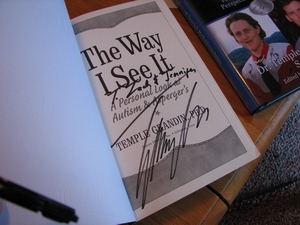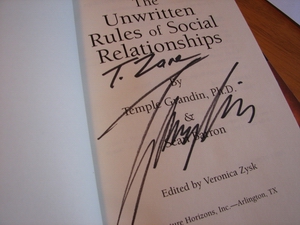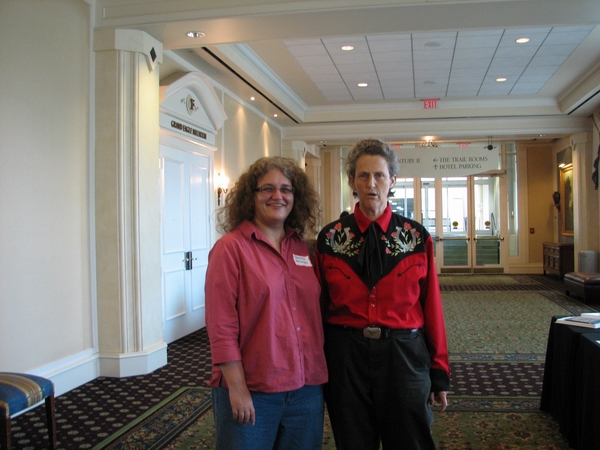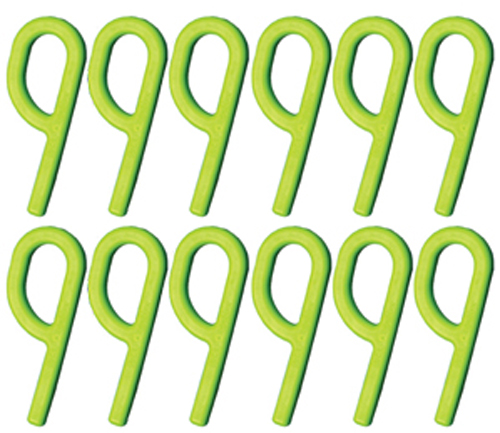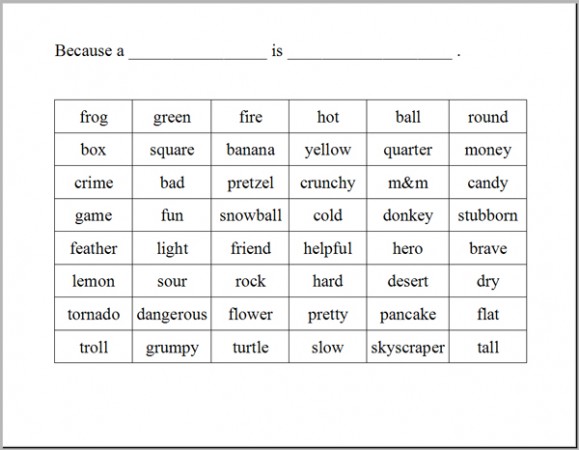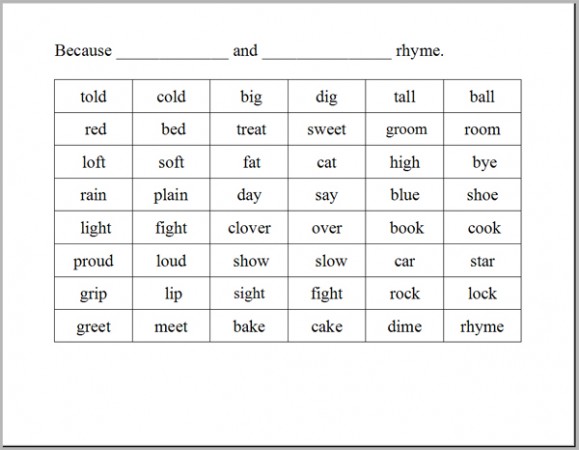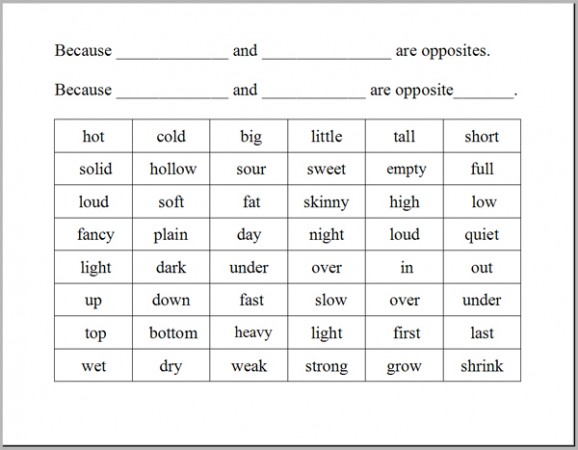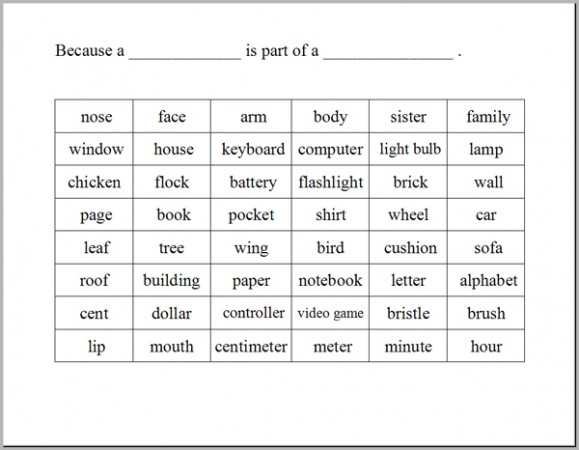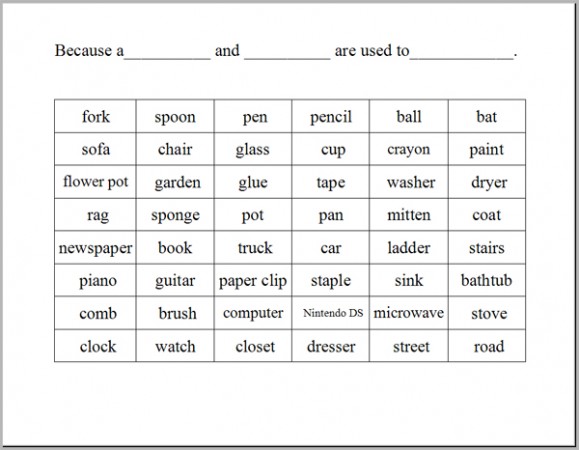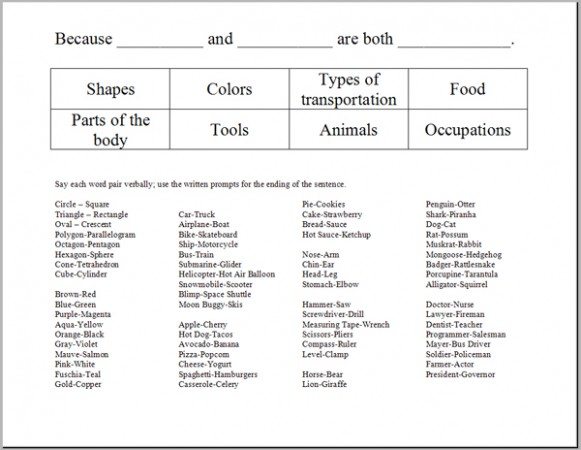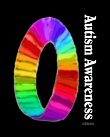Awesome Temple Grandin Article
Temple Grandin and her mother have been major influences for me as I have raised my Autistic son. Her words have pushed me to require more of him, and understand where I need to focus my energies. It is nice to finally see her recognized in the mainstream media, to counteract all of the “voices of doom” that are more common in the Autistic circles.
http://www.theautismnews.com/2010/02/02/temple-grandin-warns-against-curing-autism/
Temple Grandin Warns Against “Curing” Autism
Temple Grandin on her struggles and stardom
Msnbc.com talks to autism advocate about a different kind of life
Author, scientist and professor Temple Grandin is portrayed by actress Claire Danes in the upcoming HBO film, “Temple Grandin.” (Chris Pizzello / AP)By Joan Raymond | MSNBC
Temple Grandin knows she’s different. But she wouldn’t have it any other way. In 1950, Grandin was diagnosed with autism. The disorder, seen in about 1 in 110 U.S. kids, spans a range of complex neurodevelopmental problems: an inability to make social connections, language difficulties and bizarre, repetitive behaviors. There is no known cause or cure. Some children may have a mild form of the disorder, yet have difficulties holding down a job in adulthood. Others may never be able to live on their own.
And some, like Grandin, defy the odds.
Grandin is a professor of animal science at Colorado State University, a noted lecturer, best-selling author and an autism advocate. Her designs for creating a more humane livestock slaughter process earned her recognition from People for the Ethical Treatment of Animals.
Now actress Claire Danes is playing Grandin in an HBO movie airing on Saturday. The film “Temple Grandin” is based upon Grandin’s memoirs, “Emergence” and “Thinking in Pictures.” That’s heady stuff for a woman who admits that at age 62 she still relates better to animals than she does to humans. She talks to msnbc.com about how autism affects her life, a life that she believes is different, but not less.
Msnbc.com: Where do you fall on the autism spectrum?
Temple Grandin: I am much less autistic now, compared to when I was young. I remember some behaviors like picking carpet fuzz and watching spinning plates for hours. I didn’t want to be touched. I couldn’t shut out background noise. I didn’t talk until I was about 4 years old. I screamed. I hummed. But as I grew up, I improved.
What made the difference for you?
I had people in my life who didn’t give up on me: my mother, my aunt, my science teacher. I had one-on-one speech therapy. I had a nanny who spent all day playing turn-taking games with me. For the last 30 years I’ve been on a low-dose antidepressant. I’ll never give it up. It helps with the panic attacks. The most important thing people did for me was to expose me to new things. I was so afraid to go out west to my aunt’s ranch. But the only choice my mother gave me was to go for two weeks or all summer. I wound up staying all summer. And that’s where I learned about cattle. I could relate to their behavior, their fears.
Why do you think that is?
I’m a visual thinker, not a language-based thinker. My brain is like Google Images. If someone says the word factory, most people think of a vague place. I think in detail of every factory I ever saw, like the John Deere plant in Moline. Animals are sensory thinkers, thinking in pictures, smells, sounds. They don’t think in terms of language. I don’t either.
Didn’t observing cattle give you your idea for the “squeeze machine” you developed to help autistics reduce stress?
I saw cattle held in a squeeze chute while they were waiting to get some veterinary attention. Some of the animals relaxed once pressure was applied to their bodies. I built a prototype for myself when I was 18, and found that if I used it for about 15 minutes I would feel better, calmer. Now a lot of people and programs use the machine.What help do you think most people with autism need?
Little kids, especially ages 2 through 5, need one-on-one interaction with an effective teacher. I don’t care who that teacher is. It could be the mother, an aunt, a grandma, someone from a church, a synagogue, maybe a student. You just need someone who clicks with that kid. The worst thing you can do is nothing. You can’t let these kids sit and watch TV all day.
Actress Claire Danes in the HBO film “Temple Grandin.” (HBO)The other thing is, teach these kids manners. I was raised in the ‘50s and ‘60s, and manners were drilled into me. I see kids [on the spectrum] today that have no manners. That’s going to hurt them. You can’t punish a child who is acting out because of sensory overload. But it’s unacceptable to see kids throwing things and slapping people. I see kids with Asperger’s [a mild form of autism] who can’t hold a job because they are constantly late. Teach kids to use an alarm clock. This is common sense and sometimes we forget about common sense. Autism is used too much as an excuse for bad behavior.
Cases of autism are rising. Why do you think that is?
Some of it is probably due to the way autism is diagnosed. I saw people on the HBO lot that probably have Asperger’s but never got a diagnosis as a child. There has been an increase in regressive autism, children who develop normally, have speech, and then lose it. I think there’s something going on with some type of environmental contaminant. Some insult is getting to the child whose genes are susceptible to autism. I think we are going to be hearing more about epigenetics and autism. With epigenetics you look at how the genome responds to the environment. How things like toxins and diet and other things turn on the switches that regulate how certain genes are expressed.
“Autism pride” or neurodiversity is a growing movement. Do you think there needs to be a “cure” for autism?
I believe there’s a point where mild autistic traits are just normal human variation. Mild autism can give you a genius like Einstein. If you have severe autism, you could remain nonverbal. You don’t want people to be on the severe end of the spectrum. But if you got rid of all the autism genetics, you wouldn’t have science or art. All you would have is a bunch of social ‘yak yaks.’
Have you gotten more social as you’ve gotten older?
I have friends now. But it’s about shared interests. We talk about engineering or animal behavior. Chit-chat bores me. I’m always sure about science. I had to learn about social cues. But I’ve learned to talk about the weather a little bit.
What was it like to see someone portray you?
It was like going in a weird time machine. The movie was set in the ‘60s and ‘70s, and I was very severe back then, very anxious. This was before I went on antidepressants for the panic. Puberty and high school were horrible for me. I spent time with Claire [Danes], and her portrayal of me back then is very authentic. She was me.
You are well known within the autism community. Are you worried about becoming a celebrity, more of a household name?
No. I think about the responsibility. There was a responsibility to get this right. I’m very pleased. The things I do, my work, it gives meaning to my life. I don’t understand people’s fascination with celebrity and all the psychodrama. What turns me on is helping a parent of an autistic child, or having someone say my work [with animals] helped them understand their dog better. Something that makes a beneficial change is what turns me on. But I did meet Steven Spielberg. He was nice. He told me he liked my book. That made me happy.
Joan Raymond is a freelance journalist whose work has appeared in Newsweek, the New York Times, MORE and Woman’s Day.
Source: http://www.msnbc.msn.com/id/35150832/ns/health-mental_health/
posted in Autism, In the News | Comments Off


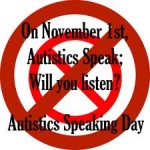
 (Thank you very much Steve). I was THRILLED.
(Thank you very much Steve). I was THRILLED. There were even people standing right there, a good half dozen people that I knew by name, that I could have asked to take it for us, but I totally blanked out. I was told by several people that they saw Zane on the news footage. I saw one channel that had his hair and chin looking at the books, but not anything other people would recognize, so it must have been on another channel. I was standing next to a person who was interviewed for a while (my back to the camera, and I didn’t notice it until I was walking away), and I could hear myself in the background. lol
There were even people standing right there, a good half dozen people that I knew by name, that I could have asked to take it for us, but I totally blanked out. I was told by several people that they saw Zane on the news footage. I saw one channel that had his hair and chin looking at the books, but not anything other people would recognize, so it must have been on another channel. I was standing next to a person who was interviewed for a while (my back to the camera, and I didn’t notice it until I was walking away), and I could hear myself in the background. lol